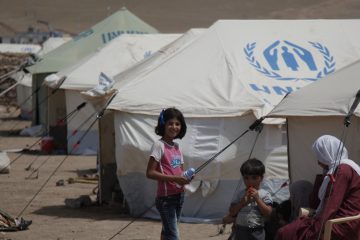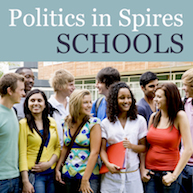
Overcoming challenges to the Inclusion of Persons with Disabilities in Emergencies
Including persons with disabilities in emergency responses is a shared responsibility of all humanitarian actors As discussed in the first article of this series, persons with disabilities have been overwhelmingly excluded from humanitarian aid in different crises worldwide. In general, services provided by governments and NGOs are not accessible to these individuals, increasing their vulnerabilities during emergency responses. Activists and NGOs, however, have been trying to change this unacceptable situation. Actors such as International Disability Alliance (IDA), International Disability and Development Consortium (IDDC), Humanity & Inclusion, Christian Blind Mission (CBM), HelpAge International, Light for the World, Sightsavers have been leading an international movement to guarantee that the needs of persons with disabilities are met during humanitarian crises. This article will introduce and contextualize these efforts, and …

How humanitarian crises increase the vulnerability of persons with disabilities
The World Health Organisation (WHO) estimates that 15 percent of the global population (or over 1 billion people) have some form of disability. These figures can grow even larger due to natural disasters or conflicts, when more people are exposed to debilitating accidents or violence. Despite general awareness amongst different actors that persons with disabilities are more likely to become subject to a vast range of risks during humanitarian crises, few practical actions are usually taken to reduce these perils. Many actors do not comply with the recommendations from international agreements on ensuring the participation of persons with disabilities in programming, nor do they recruit technical experts on inclusion. With that in mind, this article discusses the exclusion of persons …

Protecting Civilians
It feels wrong to watch the news about Syria and the Central African Republic night after night without seeing any effective international action being taken to stop the killing, displacement and rape. After millions of civilians were killed in the Second World War, the United Nations was set up specifically “to save succeeding generations from the scourge of war”. So why doesn’t it?
Hugo Slim investigates the current state of international politics regarding the legitimacy of humanitarian intervention and the responsibility to protect.









